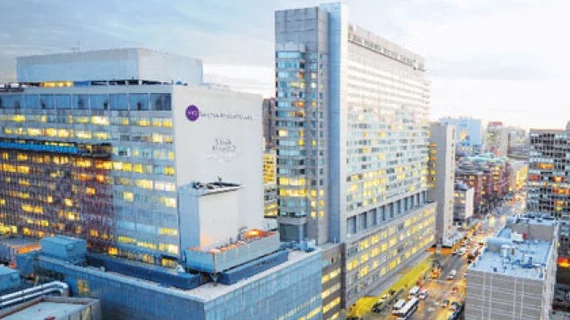‘Doctors do just fine’: Critics respond to NYU’s free med school plan
When the New York University School of Medicine announced on Aug. 16 it would cover the full cost of tuition for all medical students, school officials lauded the move as a way to end debts exceeding $200,000 for graduating students and attract applicants from various socioeconomic backgrounds.
But some physicians and educators are skeptical of the plan, which involves raising $600 million from private donors.
“As I start rank ordering the various charities I want to give to, the people who can pay for medical school in cash aren’t at the top of my list,” Craig Garthwaite, PhD, a health economist at Northwestern University’s Kellogg School of Management in Evanston, Illinois, told Kaiser Health News.
Garthwaite said providing discounts to some students to compete with other medical schools is OK, but providing free tuition to all “is not the most target-efficient way” to attract more people from low-income backgrounds to pursue medicine.
In its press release announcing the full-tuition scholarships, NYU suggested “staggering student loans” are one reason many new doctors are choosing higher-paying specialties over less lucrative fields such as primary care, pediatrics, obstetrics and gynecology.
But Aaron Carroll, MD, a pediatrician with Indiana University School of Medicine, discounted that argument as well. He said even physicians in lower-paying specialties earn six figures and should be able to wipe out $200,000 in debt.
“Doctors in general do just fine,” he said. “The idea we should pity physicians or worry about them strikes me as odd.”
Read the full story from KHN below:

